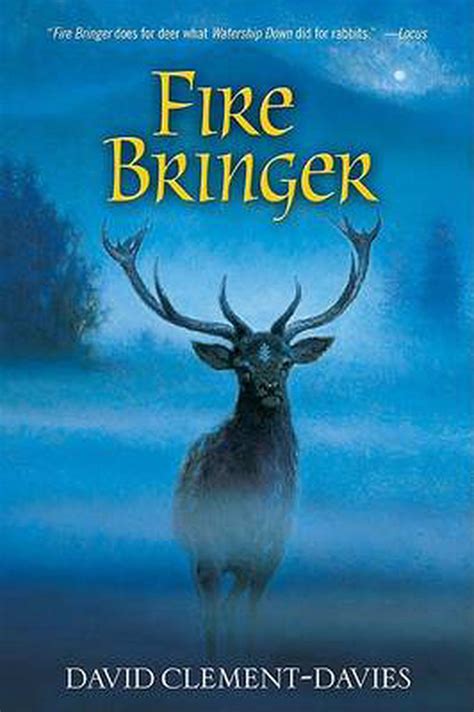A Quote by Saint Augustine
It is indeed better (as no one ever could deny) that men should be led to worship God by teaching, than that they should be driven to it by fear of punishment or pain; but it does not follow that because the former course produces the better men, therefore those who do not yield to it should be neglected. For many have found advantage (as we have proved, and are daily proving by actual experiment), in being first compelled by fear or pain, so that they might afterwards be influenced by teaching, or might follow out in act what they had already learned in word.
Quote Topics
Act
Actual
Advantage
Afterwards
Because
Being
Better
Better Me
Compelled
Could
Course
Daily
Deny
Does
Driven
Ever
Experiment
Fear
First
Follow
Former
Found
God
Had
Indeed
Influenced
Learned
Led
Many
Men
Might
Neglected
Out
Pain
Produces
Proved
Proving
Punishment
Should
Teaching
Than
Therefore
Those
Word
Worship
Worship God
Yield
Related Quotes
Jesus offered a single incentive to follow himto summarize his selling point: 'Follow me, and you might be happy-or you might not. Follow me, and you might be empowered-or you might not. Follow me, and you might have more friends-or you might not. Follow me, and you might have the answers-or you might not. Follow me, and you might be better off-or you might not. If you follow me, you may be worse off in every way you use to measure life. Follow me nevertheless. Because I have an offer that is worth giving up everything you have: you will learn to love well.'
If men act upon the teaching of the Word of God, and as proportionately men live according to the teaching and commands of the Bible, so they have in practice a sufficient psychological base. I will find you a man dealing with psychological problems on the basis of the teaching of the Word of God, even if he never heard the word psychology, or does not know what it means.
But if thought is to become the possession of many, not the privilege of the few, we must have done with fear. It is fear that holds men back - fear lest their cherished beliefs should prove delusions, fear lest the institutions by which they live should prove harmful, fear lest they themselves should prove less worthy of respect than they have supposed themselves to be.
The reason why the simpler sort are moved with authority, is the consciousness of their own ignorance; whereby it cometh to pass that having learned men in admiration, they rather fear to dislike them than know wherefore they should allow and follow their judgments. Contrariwise with them that are skilful authority is much more strong and forcible; because they only are able to discern how just cause there is why to some men's authority so much should be attributed.
Why does death engender fear? Because death meant change, a change greater then we have ever known, and because death was indeed a mirror that made us see ourselves as never before. A mirror that we should cover, as people in olden days covered mirrors when someone died, for fear of an evil. For with all our care and pain for those who had gone, it was ourselves too we felt the agony for. Perhaps ourselves above all.
Since God is the end of man, since he has created us to be perfect and happy in him, it is manifest that if the designs of creation have not here below been entirely frustrated, there should be found men who tend to their end in seeking and loving God. And nevertheless, because of human liberty, there should also be found other men who neglect God, their principle and their end, and yield to the seduction of created things. Such indeed is the spectacle which the history of the world unceasingly presents to us.
To remain stable is to refrain from trying to separate yourself from a pain because you know that you cannot. Running away from fear is fear, fighting pain is pain, trying to be brave is being scared. If the mind is in pain, the mind is pain. The thinker has no other form than his thought. There is no escape.
No experiment can be more interesting than that we are now trying, and which we trust will end in establishing the fact, that man may be governed by reason and truth. Our first object should therefore be, to leave open to him all the avenues to truth. The most effectual hitherto found, is the freedom of the press. It is, therefore, the first shut up by those who fear the investigation of their actions.
Have you ever experienced a pain so sharp in your heart that it's all you can do to take a breath? It's a pain you wouldn't wish on your worst enemy; you wouldn't want to pass it on to anyone else for fear he or she might not be able to bear it. It's the pain of being betrayed by a person with whom you've fallen in love. It's not as serious as death, but it feels a whole lot like it, and as I've come to learn, pain is pain any way you slice it.
We are living in a world of fear. The life of man today is corroded and made bitter by fear. Fear of the future, fear of the hydrogen bomb, fear of ideologies. Perhaps this fear is a greater danger than the danger itself, because it is fear which drives men to act foolishly, to act thoughtlessly, to act dangerously...
When I was coaching I always considered myself a teacher. Teachers tend to follow the laws of learning better than coaches who do not have any teaching background. A coach is nothing more than a teacher. I used to encourage anyone who wanted to coach to get a degree in teaching so they could apply those principles to athletics.
Hope, and fear. Twin forces that tugged at us first in one direction and then in another, and which was the stronger no one could say. Of the latter we never spoke, but it was always with us. Fear, constant companion of the peasant. Hunger, ever at hand to jog his elbow should he relax. Despair, ready to engulf him should he falter. Fear; fear of the dark future; fear of the sharpness of hunger; fear of the blackness of death.
The important thing is not so much that every child should be taught, as that every child should have the opportunity of teaching itself. What does it matter if the pupil know a little more or a little less? A boy who leaves school knowing much, but hating his lessons, will soon have forgotten all he ever learned; while another who had acquired a thirst for knowledge, even if he had learned little, would soon teach himself more than the first ever knew.










































